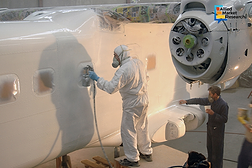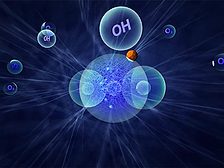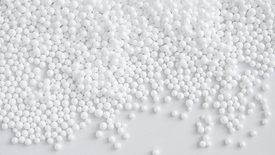Featured on Home Page
Taking Steps Ahead of Obsolete Packaging Methods
The Growing Impact of Antimicrobial Nanocoatings in Various Industries
Read More
Azelis Americas CASE's Focus on Partnerships and Innovation in Coatings
In a recent episode of the PCI Coat It! Podcast, Courtney Bassett, Managing Editor at PCI Magazine, sat down with three leaders from Azelis Americas CASE to discuss the company's approach to the rapidly evolving coatings industry.
November 21, 2024
Keep the info flowing with our eNewsletters!
Get the latest industry updates tailored your way.
JOIN TODAY!Copyright ©2025. All Rights Reserved BNP Media.
Design, CMS, Hosting & Web Development :: ePublishing









